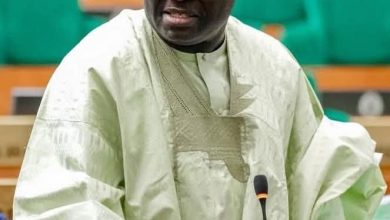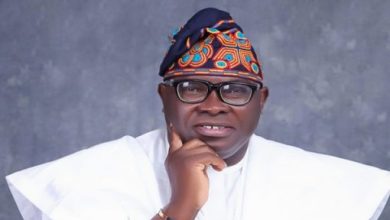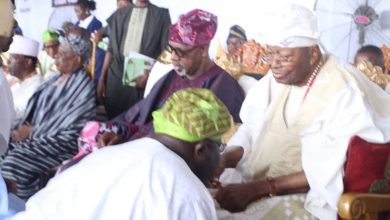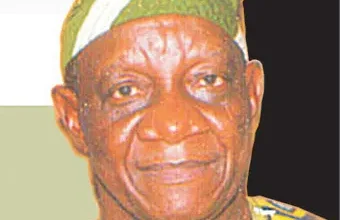Nigerians And Peculiar Way of Life
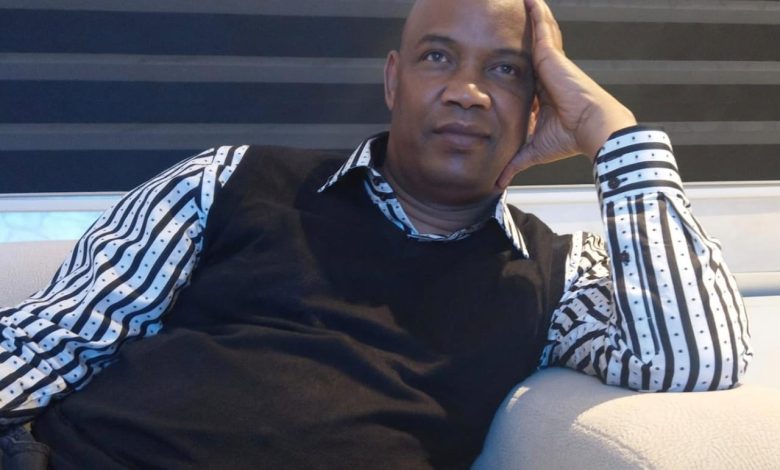
By Mogaji Wole Arisekola
Are you living around Guzape, or is your business situated around COZA (Commonwealth of Zion Assembly), a global church founded by Pastor Biodun Fatoyinbo and headquartered in Abuja, Nigeria?
If yes, you must be aware of the nuisance that this church has turned itself into.
The church not only blocks the major road on Sundays, but coming back to your house after a stressful day on Tuesday can also turn into your undoing.
Both Sunday and Tuesday have become hell for all motorists plying the road along their church in Abuja.
Their audacity to close the road on Tuesday is what I don’t understand. These roads were constructed with Nigerian taxpayers’ money, and the hardship that people living along that axis are facing is unbearable.
At times, you will ask yourself: who is the President of this country? Is he the democratic leader voted for by the people or the religious leader?
How can a man claim to be serving God while making life unbearable for the people created by the same God he is serving?
Church is a private business and, to the best of my knowledge, they contribute nothing in the form of tax to the Federal Government.
Closing the major roads on Sunday and Tuesday is a flagrant abuse of power and a form of oppression.
Nigerians have accepted their fate by obeying the law of religious manipulation—closing their shops on Fridays and Sundays. But the idea of closing a major road in Guzape on Tuesday is pure oppression, and the authorities concerned must please look into it.
Every Nigerian life matters, and no one has the right to use his personal business to disturb others.
I know that in Nigeria, governance is not about vision, innovation, or progress—it is about mastering the art of religious manipulation. A successful ruler here does not need to build industries or create jobs; he only needs to build churches and mosques and succumb to the manipulative power of the gods of men. Once the domes shine and the bells ring, the people will forget their hunger. Their misery will be drowned out by hymns and the call to prayer.
The real trick, however, lies in subsidies—not for food, housing, or education, but for pilgrimages. Slash the cost of Hajj, subsidize Jerusalem tickets, and suddenly you are transformed from a politician into a spiritual father. The masses, drowning in poverty, will kneel at your feet, grateful that you have made heaven cheaper even as earth becomes unbearable.
And when the economy sinks into chaos, don’t worry. You don’t need policies—just prayers. Call for a national fasting program, encourage endless vigils, and declare that demons are responsible for inflation. If the naira collapses, simply assure the people that “God will provide.” If unemployment spirals, tell them that “work without God is vanity.” Instantly, your incompetence will look like holiness.
This is the peculiar way of Nigerian life: the poorer the people become, the more they demand piety from their leaders instead of performance. A politician who can clutch a Bible in one hand and prayer beads in the other may loot the treasury openly and still be hailed as a messenger of God. The hospitals may decay, schools may rot, roads may turn into death traps—but as long as a new cathedral or mosque is commissioned, your sins will be washed away by applause.
Governance has become a stage play where leaders wear cassocks and turbans, while citizens clap like desperate worshippers. Progress is sacrificed on the altar of sentiment, and reality is buried beneath chants of hallelujah and allahu akbar. Leaders laugh in secret, because they know the only investment they need is in religious theatrics, not in development.
The formula is simple and sinister: feed the people prayers, and they will never ask for policies. Distract them with pilgrimages, and they will never demand progress. Blind them with piety, and they will never see corruption.
And until Nigerians learn to demand bread instead of blessings, this tragic circus will never end.
Mogaji Wole Arisekola writes from Ibadan.






